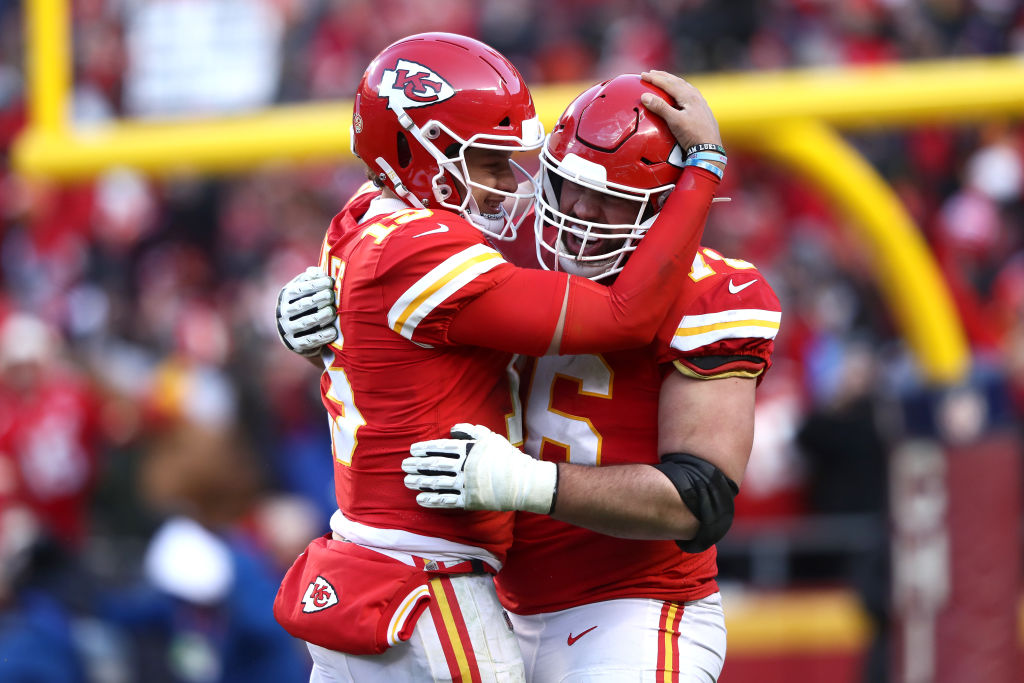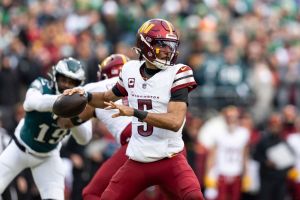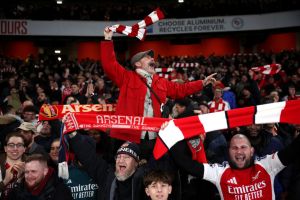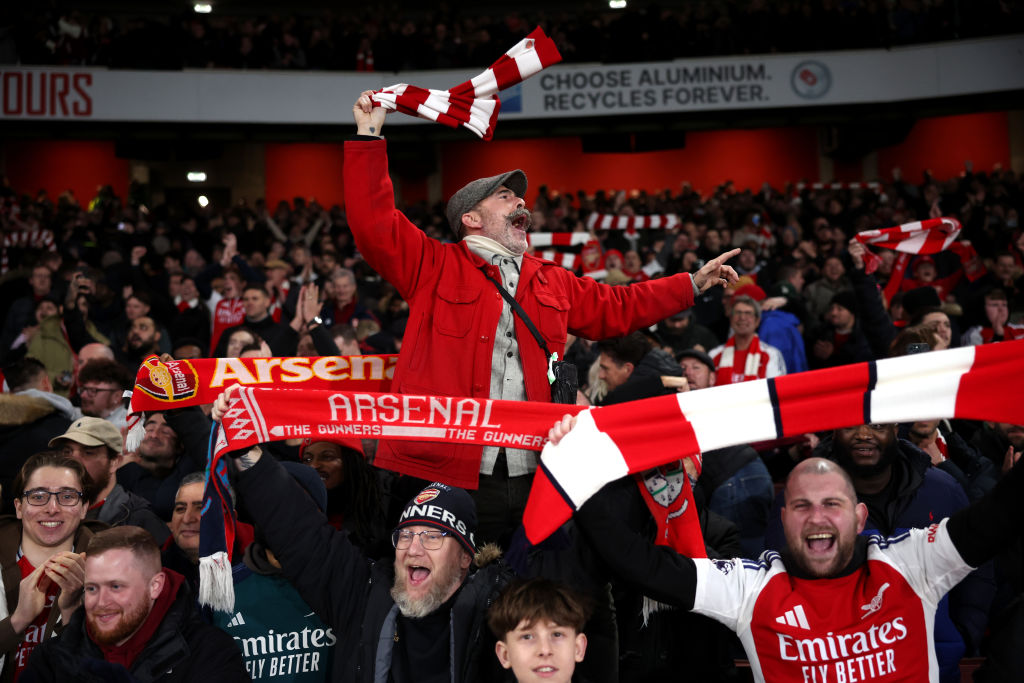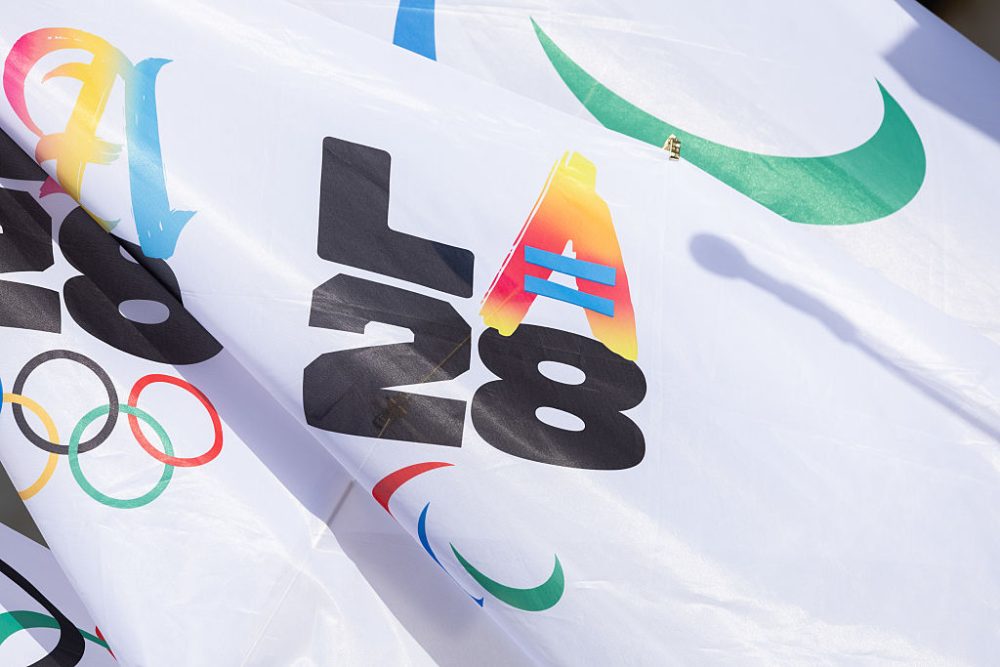Damien Williams was last seen tiptoeing his way down the left sideline to put the seal on the Kansas City Chiefs’ victory over the San Francisco 49ers in Super Bowl LIV. The 28-year-old running back will not take the field for the 2020 season, one of the more high-profile players to opt out because of COVID-19 concerns.
In the end, 67 players have chosen not to take part in this year. That’s more than a squad’s worth of men who have put the health of themselves and their families above money (though a six-figure stipend and deferred contract soften that blow). Or is it 67 men who have let down their franchises and their teammates? Shouldn’t men who earn so much money for playing a game just suck up the risks and entertain us, goddammit?
The latter reaction is a well-worn response whenever any elite sportsman goes against the grain. But it was right that these young men have been given the chance to opt out without a steep financial penalty (the stipend is in effect a loan and will be taken off next year’s deferred pay packet). These are uncertain times, and players are opting out for different reasons. In the case of Geronimo Allison, the Detroit Lions wide receiver, it is the birth of a child. For defensive tackle Eddie Goldman of the Chicago Bears, it is his asthma. For Laurent Duvernay-Tardif, the Chiefs right guard who played every snap on offense in Super Bowl LIV, it is his first-hand experience of the effects of COVID-19 from his work as a physician on the medical front line.
One needs only to see the case of Eduardo Rodriguez, the Boston Red Sox pitcher, to understand the risks of the disease, even to supremely fit young men. Rodriguez has been placed on the injured list by the team because of complications from coronavirus: the 27-year-old has been diagnosed with myocarditis, an inflammation of the heart muscle. He is expected to make a full recovery, but anyone suggesting players should just ‘shut up and suit up’ may want to think again.
The NFL would be irresponsible if it hadn’t given its players the choice to pull out. It is also right to do everything in its power to start the season as planned — with or without fans — on September 10, despite the thoughts of Odell Beckham Jr, the Cleveland Browns wide receiver, who called for the league to cancel the season (then apparently decided financial worries trumped health ones, as he was not on the list of players who opted out).
There are rising rates of the virus in parts of the country. But it would be too soon to call off the season on the off chance that the worst-case scenarios come to pass. The NFL is responding to an unprecedented situation as best it can — which is something that teams have accepted they must do too. The New England Patriots have been the toughest hit by way of numbers, with the withdrawal of eight players, but no one else has lost more than five. Fans of other teams, New York’s Jets and Giants for example, may point to the quality rather than quantity of players missing and say they are the hardest hit. But is this not just another random factor — in a fairly long list — dictating who can field their strongest side as often as possible this season?
It is interesting that players opting out has not led to a conversation about the integrity of the competition. This is helped by the fact all starting quarterbacks have decided to play. Yet teams could be increasingly weakened as the season progresses and players withdraw after they or their close contacts test positive. It raises the question of how many players missing in a given week is too many.
Or will that be determined by which players are unavailable — all five of the starting offensive line, for example? It is important that the NFL retains the right to postpone games if it sees fit, but it must remember that the turnover of players is part of any season; the churn at the bottom of the roster is always high as injuries hit and fringe players fall out of favor. Waiting to take their place are any number of free agents. COVID-19 will provide some with a future they may have otherwise missed out on.
For those who have chosen to put their futures on hold, the decision is irreversible for the remainder of the season. It is that clause that may have been the clincher — opt out now or never. There will no doubt be players who are worried about the risks of COVID-19, but who are perhaps holding out for the league to take the decision out of their hands. Perhaps they don’t feel strongly enough to go a year without playing, or they just accept that coronavirus is one more risk in a sport where career-ending injury may be only one snap away. For many, the possibility of contracting COVID-19 will be way down — behind serious concussion, a ruptured anterior cruciate ligament or a broken tibia — the list of the greatest threats to their health and career.
As for those who see it as too much of a gamble, a stipend of $350,000 for players deemed at high risk and $150,000 for the rest simply guarantees that they won’t catch COVID on the football field; they are not taking this money as some sort of immunity from the disease. This is why the majority are happy to stick to the protocols that are in place (including strict rules on socializing), trust others to do the same, and play on. Players have the ability to opt out later in the season if a family member becomes sick, which seems sensible not just for their health but to minimize transference to the locker room.
Baseball’s restart was nearly derailed by virus outbreaks among the Miami Marlins and the St Louis Cardinals that were attributed to a somewhat lax attitude among players who mingled in hotel bars, left the confines of hotels and generally acted as though starting the season was the goal, not seeing it through to the end. Maybe the NFL could have learned some lessons and made a more COVID-friendly schedule — fewer games to allow longer gaps between players facing each other, or more free weekends to reschedule postponed games. A more regionalized format would limit air travel and hotel stays.
But the league decided to place its trust in the players to do the right thing. The early days of training camp will be a good test. Here is a group of young men whose attitude to their own health is reckless by any normal standards; that’s just the nature of the game they play. In fact, the decision by those opting out can be seen as a vote of no-confidence in their fellow players’ capacity to stick to the protocols. The league is right to show more trust, though they’ll only have been proved right after victory is secured in Super Bowl LV. And it may be the Chiefs once again, but this time without Williams.
Charles Walford is a journalist at the Times of London. This article is in The Spectator’s September 2020 US edition.



